Next Papal Election: Exploring The Potential Successors To Pope Francis
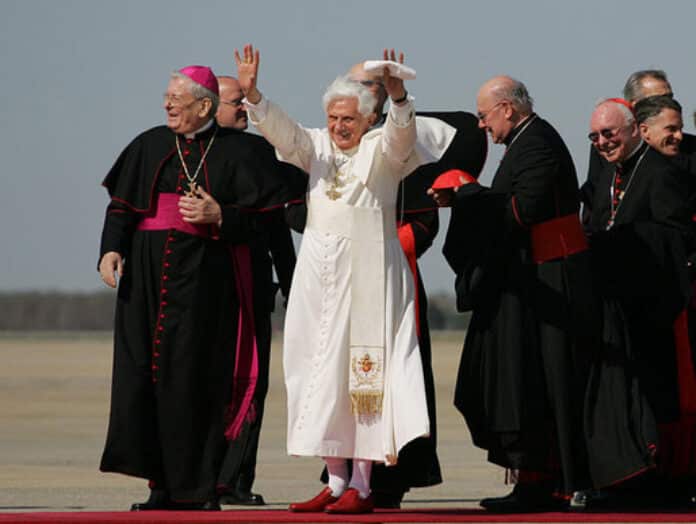
Table of Contents
Key Cardinals and Their Theological Standpoints
The College of Cardinals, the body responsible for electing the next Pope, comprises numerous influential figures. Several Cardinals are frequently mentioned as potential successors, each with distinct theological perspectives that could shape the future of the papacy. Understanding their viewpoints is crucial to analyzing the potential outcomes of the next Papal election.
Cardinal Pietro Parolin: A Moderate Voice?
Cardinal Pietro Parolin, the current Secretary of State, is often considered a moderate candidate. His extensive experience in diplomacy and international relations is a significant asset.
- Known for his pragmatic approach to complex issues.
- His potential election could signal a continuation of Pope Francis' reformist agenda, focusing on dialogue and inclusivity.
- Strengths: Exceptional diplomatic skills, broad experience in Vatican administration, strong international network.
- Weaknesses: Some might perceive him as too closely associated with the current papacy, potentially hindering a fresh perspective.
Cardinal Luis Ladaria Ferrer: A Conservative Perspective
Cardinal Luis Ladaria Ferrer, Prefect of the Congregation for the Doctrine of the Faith, represents a more conservative theological standpoint. His emphasis on traditional doctrines and teachings could lead to a different direction for the Church.
- Known for his unwavering commitment to traditional Catholic teachings.
- His potential election could signal a return to a more conservative approach to theological and moral issues.
- Strengths: Deep theological knowledge, strong moral authority, respected within conservative circles.
- Weaknesses: His conservative views might not resonate with those seeking a more progressive and inclusive Church.
Cardinal Marc Ouellet: Experience in Church Governance
Cardinal Marc Ouellet, former Prefect of the Congregation for Bishops, is another potential candidate with a conservative theological leaning. His extensive experience in appointing bishops worldwide provides valuable insight into church governance.
- His experience in overseeing the appointment of bishops globally offers unique insight into the Church's structure.
- His potential election might indicate a preference for a more traditional approach to Church administration.
- Strengths: Extensive experience in Church governance, strong understanding of the global Church's structure.
- Weaknesses: His views might be seen as less open to significant reforms, potentially hindering adaptation to contemporary challenges.
Geographical Considerations and the College of Cardinals
The geographical representation within the College of Cardinals is a crucial factor influencing the Papal succession. The Conclave aims for a balance between different continents and cultural backgrounds, reflecting the global nature of the Catholic Church.
- The distribution of Cardinal electors across continents (Europe, North America, South America, Africa, Asia, Oceania) significantly impacts the election's dynamics.
- A candidate's geographical origin might influence their appeal to specific regions and their understanding of diverse cultural contexts.
- The Vatican carefully considers the global reach of the Church when selecting the next Pope, striving for a representation that reflects its ecumenical nature and global presence. This is key to maintaining unity within the world church.
Major Issues Facing the Next Pope and Their Influence on the Election
The next Pope will inherit numerous significant challenges that will undoubtedly influence the selection process. These issues shape the priorities and preferences of Cardinal electors.
Reform within the Church
Ongoing debates about liturgical reforms, clerical celibacy, and the role of women within the Church will continue to influence the direction of the next papacy. The next Pope's stance on these issues will be closely scrutinized.
- Liturgical reforms: Modernizing the Mass while preserving tradition.
- Clerical celibacy: The ongoing discussion about allowing married men to become priests.
- Role of women: Expanding opportunities for women in leadership positions within the Church.
Addressing the Clerical Abuse Crisis
The need for continued accountability and preventative measures regarding the clerical abuse scandal remains a pressing concern. The next Pope's approach to this crisis will be a major factor in assessing his suitability.
- Strengthening accountability mechanisms within the Church.
- Implementing robust preventative measures to protect children and vulnerable adults.
- Addressing the systemic issues that have contributed to the crisis.
Challenges to Church Authority
Secularization, declining church attendance, and the rise of other religions pose significant challenges to the Church's authority and influence. The next Pope needs a strategy to address these trends.
- Adapting to a secularized society while maintaining the Church's core values.
- Engaging with younger generations and addressing their concerns.
- Promoting interfaith dialogue and cooperation.
Climate Change and Social Justice
The Catholic Church's role in addressing climate change and promoting social justice is increasingly important. The next Pope will be expected to take a strong stance on these critical global issues.
- Promoting environmental stewardship and sustainable practices.
- Addressing issues of poverty, inequality, and social injustice.
- Advocating for policies that protect the vulnerable and marginalized.
Conclusion
The next Papal election is a pivotal moment for the Catholic Church. The selection of Pope Francis' successor will depend on a complex interplay of theological viewpoints, geographical considerations, and the pressing challenges facing the Church today. While predicting the outcome is impossible, understanding the potential candidates and the key issues will help us better comprehend the implications of the Next Papal Election. Stay informed about developments within the Vatican and continue following the ongoing discussions surrounding potential successors to Pope Francis. Learn more about the process and potential candidates to stay up-to-date on the Next Papal Election and its impact on global Catholicism.

Featured Posts
-
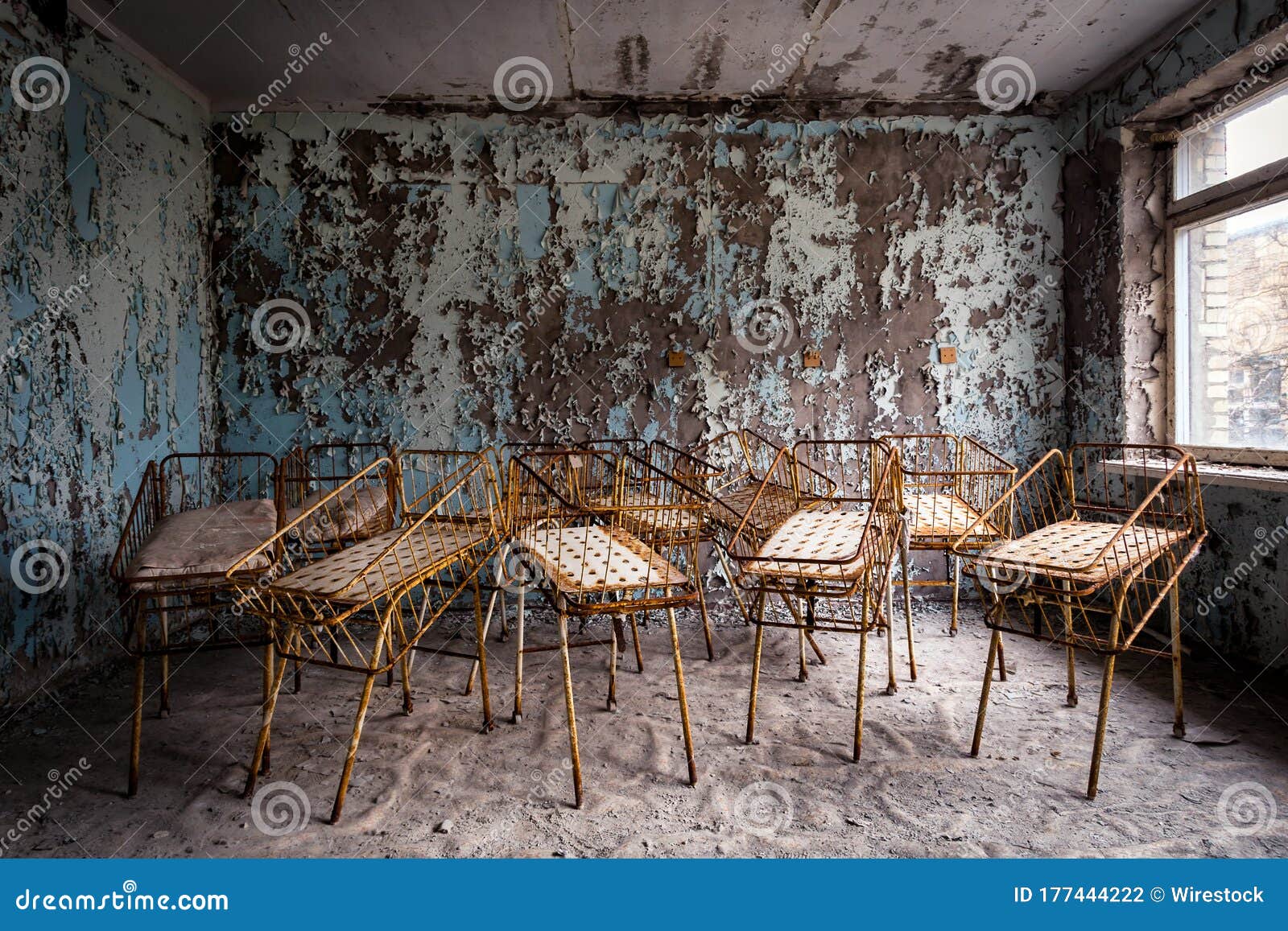 Mtv Cribs Inside The Mansions Of The Rich And Famous
May 12, 2025
Mtv Cribs Inside The Mansions Of The Rich And Famous
May 12, 2025 -
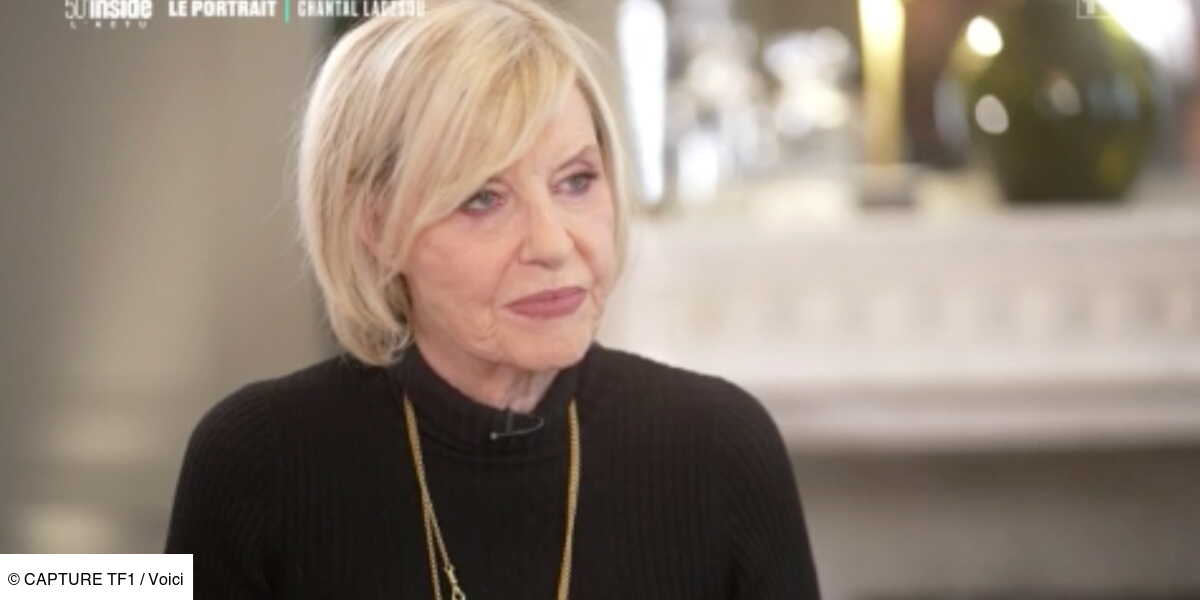 Chantal Ladesou L Absence Qui Fait Rire Ou Pas
May 12, 2025
Chantal Ladesou L Absence Qui Fait Rire Ou Pas
May 12, 2025 -
 Lily Collins New Calvin Klein Campaign Images
May 12, 2025
Lily Collins New Calvin Klein Campaign Images
May 12, 2025 -
 La Roue De La Fortune Eric Antoine Succes Ou Echec Apres 3 Mois Sur M6
May 12, 2025
La Roue De La Fortune Eric Antoine Succes Ou Echec Apres 3 Mois Sur M6
May 12, 2025 -
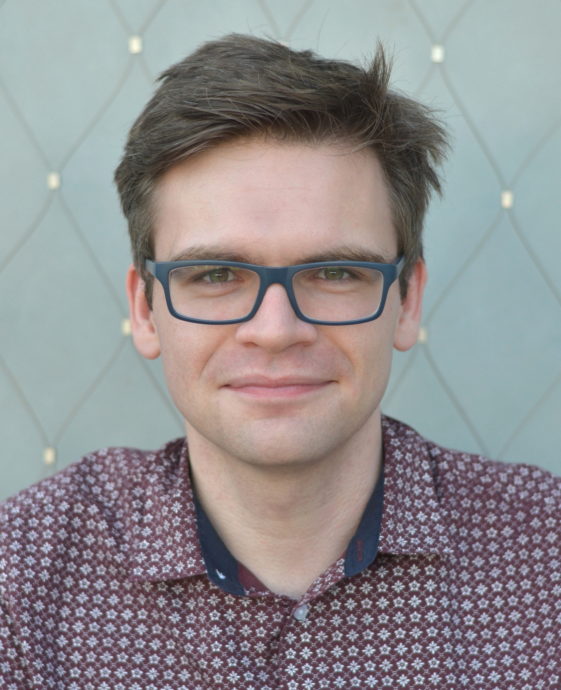 Mueller Open To Transfer Which League Will He Choose
May 12, 2025
Mueller Open To Transfer Which League Will He Choose
May 12, 2025
Latest Posts
-
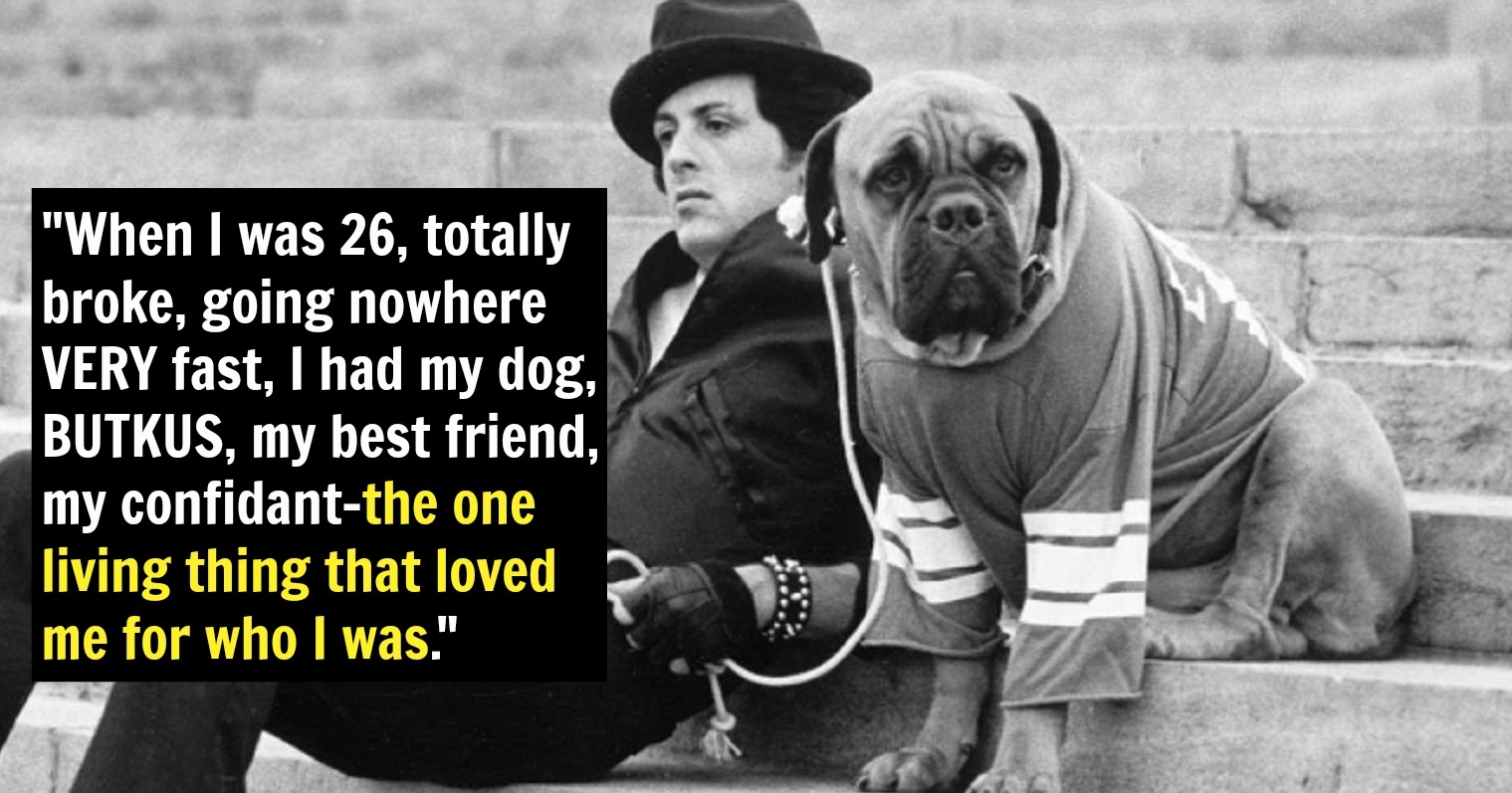 The Most Emotional Rocky Movie Sylvester Stallones Personal Favorite Explored
May 12, 2025
The Most Emotional Rocky Movie Sylvester Stallones Personal Favorite Explored
May 12, 2025 -
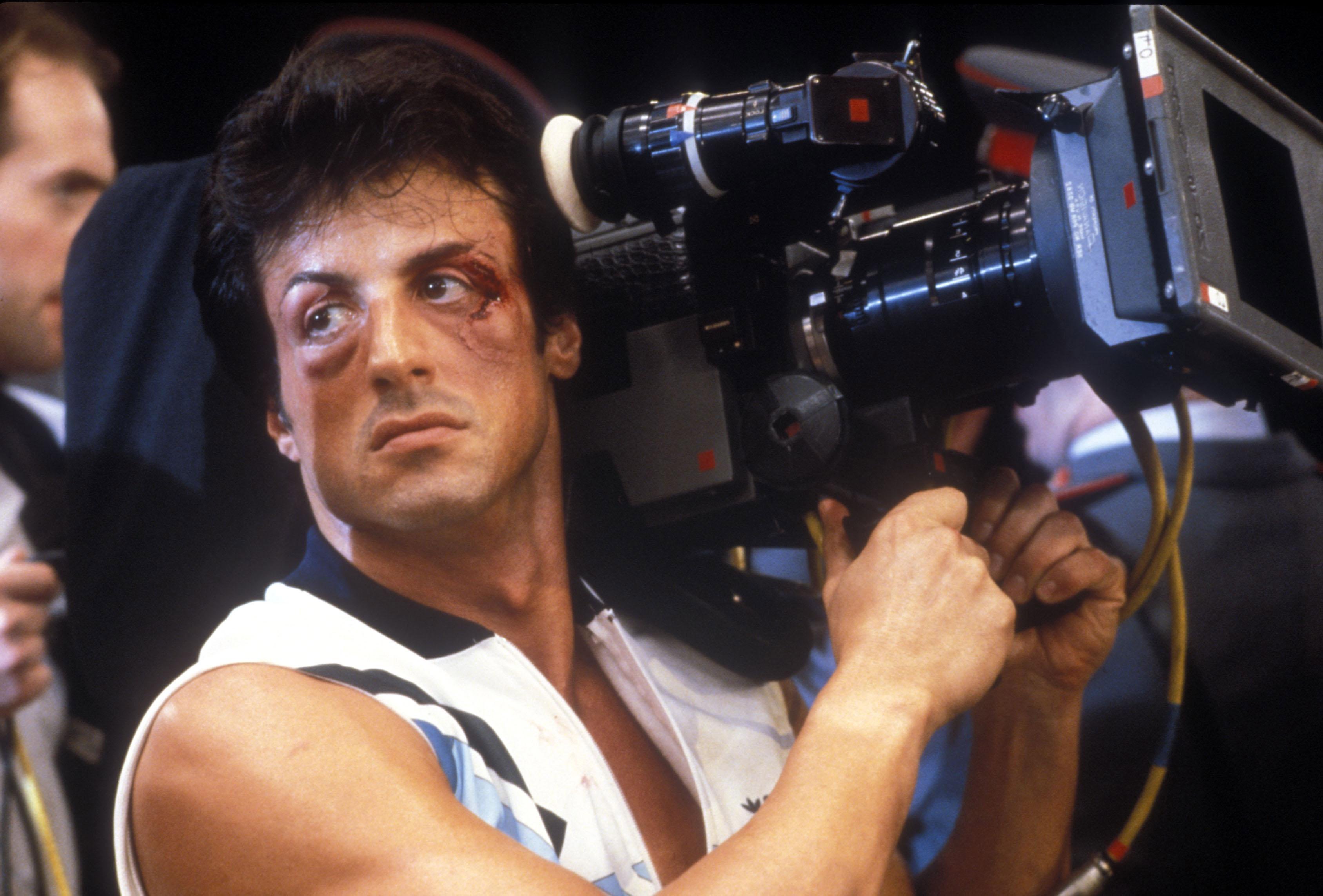 Which Rocky Movie Touches Sylvester Stallone The Most Unveiling The Franchises Emotional Heart
May 12, 2025
Which Rocky Movie Touches Sylvester Stallone The Most Unveiling The Franchises Emotional Heart
May 12, 2025 -
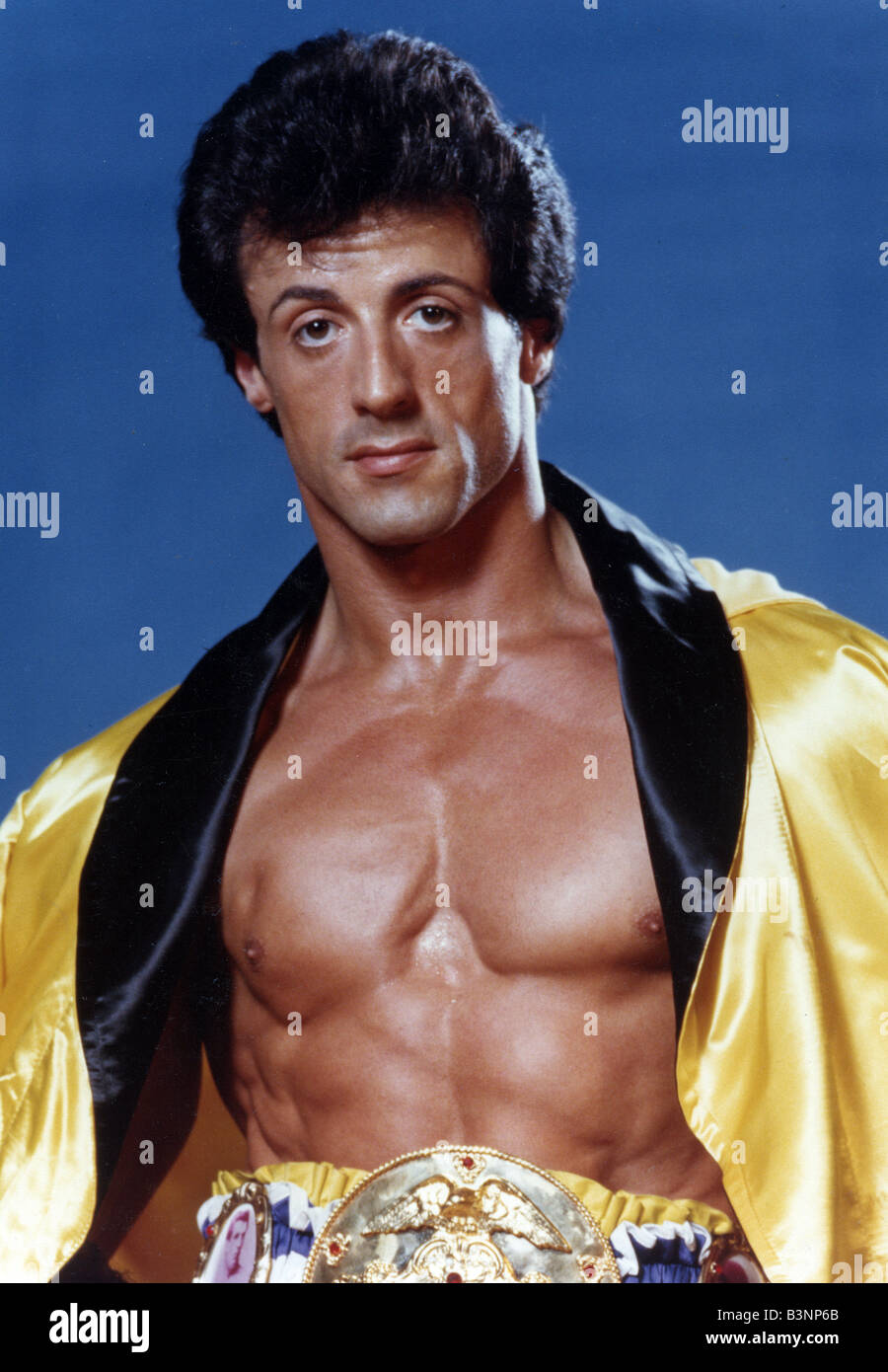 Sylvester Stallone Picks His Top Rocky Film Exploring The Emotional Core Of The Franchise
May 12, 2025
Sylvester Stallone Picks His Top Rocky Film Exploring The Emotional Core Of The Franchise
May 12, 2025 -
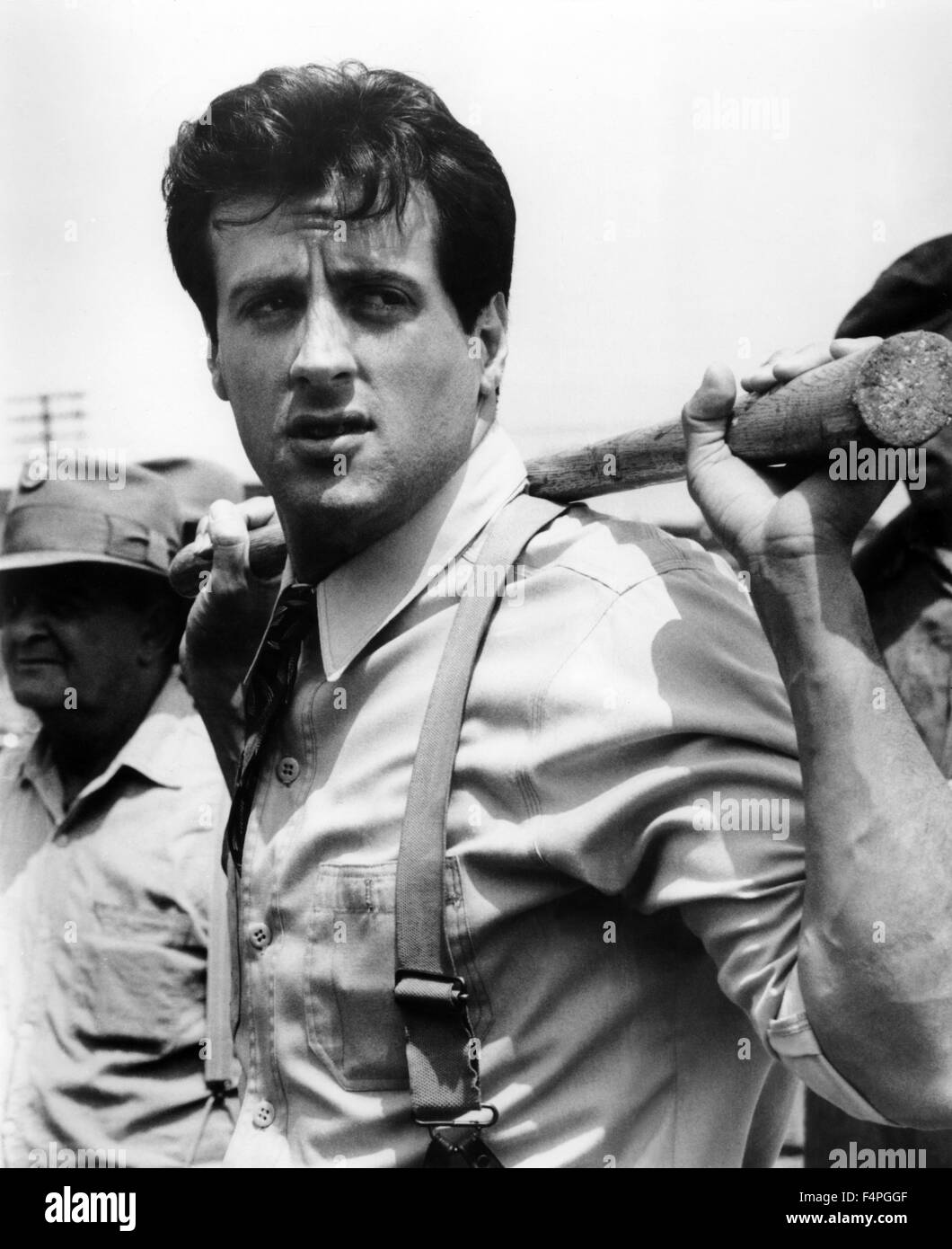 The One Movie Sylvester Stallone Directed But Didnt Act In A Critical And Commercial Disaster
May 12, 2025
The One Movie Sylvester Stallone Directed But Didnt Act In A Critical And Commercial Disaster
May 12, 2025 -
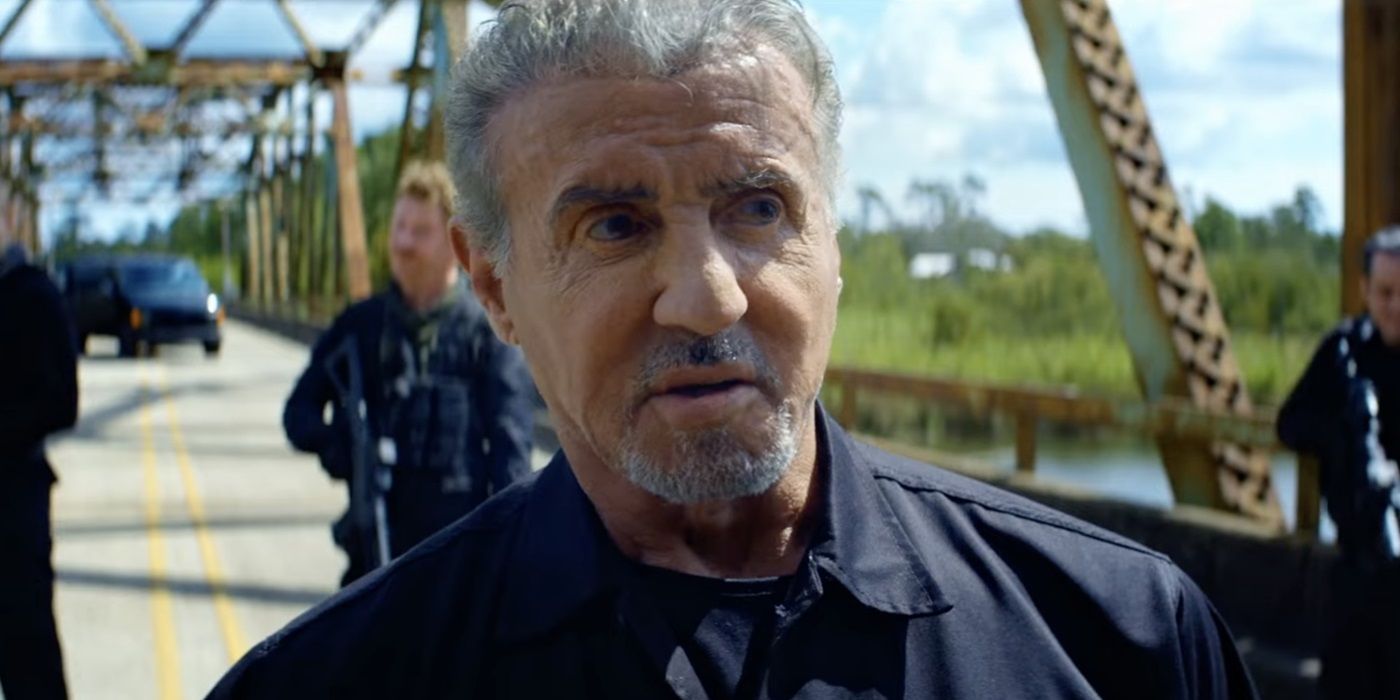 This Months Free Streaming Movie Sylvester Stallone In Armor
May 12, 2025
This Months Free Streaming Movie Sylvester Stallone In Armor
May 12, 2025
